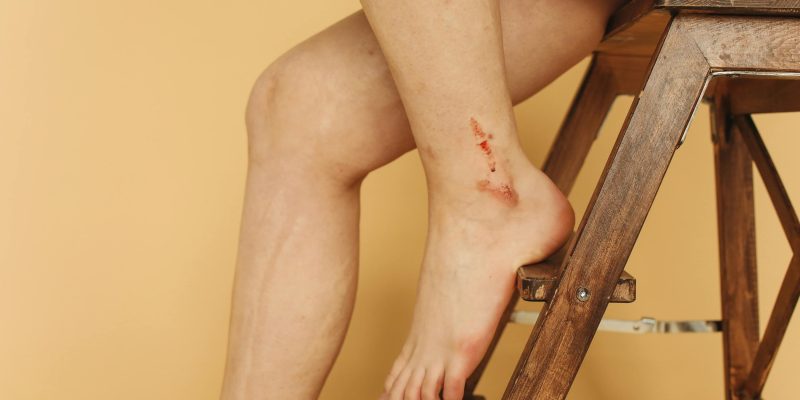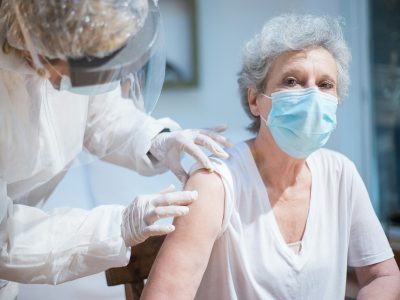Flea hawks and chigger bites can cause considerable discomfort and confusion. Learning their symptoms and ways to manage them will help reduce the itching and avoid more severe problems. In this guide, we’ll look at the differences between bites like these and some tips for managing them.
Identifying Flea Bites:
- A flea bite often looks like a small red bump.
- They are typically clustered together and encircled by a halo.
- Usually located on the legs and ankles, flea bites itch a lot.
- They can easily become infected if you scratch these bites, so you need to treat them as soon as possible.
Recognising Chigger Bites:
- Instead, chigger bites will typically present themselves as red welts.
- Bites are commonly itchy and manifest where the skin has folds or through where your clothes are constricted.
- Chiggers are little dermatological mini-villains — they consume skin cells, causing irritation and an unmistakable rash.
Comparing Symptoms:
However, there are two major differences between flea bites and chigger bites: Another difference with fleas is that the bites will appear more grouped, while chigger bites can sometimes come in a rash, usually in concentrated areas. The itching of a chigger bite will also usually last longer because the saliva of the mite stays in the skin.
Preventing Flea Bites:
Management of flea populations where you live is what will then help prevent bites on yourself or any other pets. To lessen the effects of flea infestation, vacuum the carpets around your house regularly and wash your pet’s bedding. Applying flea treatments to pets also helps reduce the chance of flea bites.
Avoiding Chigger Bites:
When spending a lot of time outside in grass or woods, prevention is to wear long sleeves and pants to protect against chigger bites. You can also use insect repellent on these mites. A hot shower can wash off any chiggers on the skin after outdoor activities.
Treating Flea Bites:
For flea bites, wash the area with soap and water. Put some antiseptic over the area to avoid infection. Preventive actionsMost of the time, over-the-counter creams, like hydrocortisone, will help relieve the itching. Short nails help minimise the chance of scratching when the skin breaks.
Managing Chigger Bites:
To treat chigger bites, of course, most importantly, wash the area with soap and water. This removes any remaining mites. Itching can be relieved with the use of calamine lotion or antihistamines. It is better not to scratch to avoid complications and let the skin heal itself.
When to Seek Medical Help:
Flea and chigger bites can also cause complications in some cases. Seek medical advice if bites become swollen, ooze or show evidence of infection. This could lead to further problems, so if the symptoms persist, you may seek medical treatment.
Home Remedies for Relief:
- Here are few home remedies that may help soothe flea and chigger bites.
- Oatmeal baths can calm irritated skin. Several alternatives for lessening the redness and inflammation include aloe vera gel.
- You can also reduce itching by applying a baking soda paste to the bites.
Understanding the Risks:
While there are diseases that are contracted from flea bites, like typhus or the plague, this is very rare. They don’t transmit diseases, but the severe scratching caused by chigger bites may cause secondary infections if not treated properly. On the other hand, if people know these risks, they can use such knowledge to find out how to prevent or treat these diseases most efficiently.
The Importance of Clean Environments:
- This is very important for keeping your home and yard clean, so they are less likely to get fleas.
- Chiggers are most likely to hang out in tall grasses, so make sure to regularly mow the lawn and rake up leaf litter.
- Cleaning up your living area helps both humans and pets by keeping fewer of these pests away.
Conclusion
In this post, we have discussed flea and chigger bites and how to deal with them. Identifying the symptoms and knowing how to treat and prevent these bites can really help mitigate the impact. With this advance planning, we can all spend more time enjoying the outdoors free from the worry of these pesky pests.













Comments